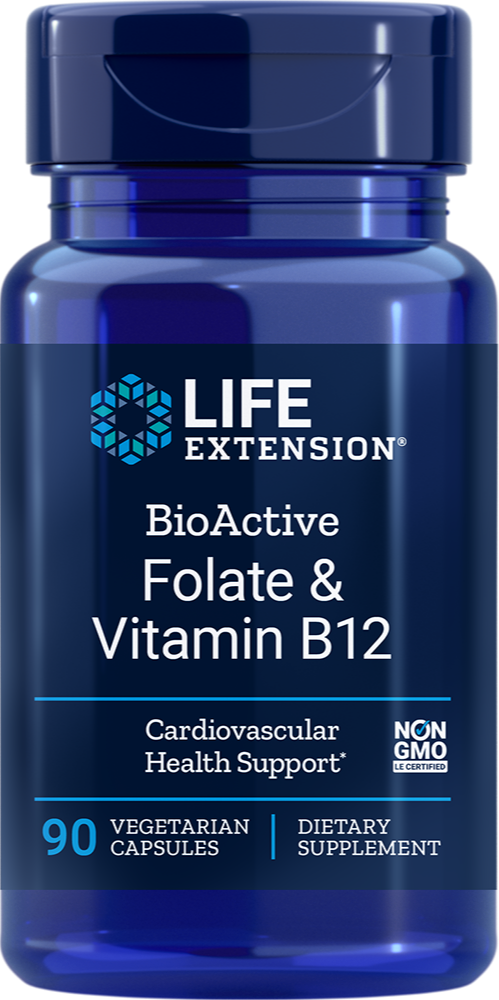Benefits of Vitamin B12
Welcome back to my vitamin blog! This week, we will be discussing the importance of vitamin B12 for overall health.
Vitamin B12, also known as cobalamin, is a water-soluble vitamin that is essential for the proper functioning of the brain and nervous system, as well as the formation of red blood cells. It is also important for DNA synthesis and energy production.
While vitamin B12 is found naturally in animal products such as meat, fish, and dairy, it can be difficult for some people to get enough of this nutrient through their diet alone. This is especially true for vegetarians and vegans, as plant-based foods do not contain vitamin B12.
Some potential benefits of vitamin B12 include:
It is important to note that while vitamin B12 is generally safe, high doses can cause nausea, diarrhea, and other gastrointestinal symptoms. As with any supplement, it is important to talk to your healthcare provider before adding vitamin B12 to your regimen.
In conclusion, vitamin B12 is an essential nutrient that is important for brain function, energy production, and overall health. If you are not getting enough vitamin B12 through your diet, consider talking to your healthcare provider about whether a supplement is right for you. Thank you for reading, and be sure to check back for more information on vitamins and supplements in future posts!
Go Back Vitamin B12, also known as cobalamin, is a water-soluble vitamin that is essential for the proper functioning of the brain and nervous system, as well as the formation of red blood cells. It is also important for DNA synthesis and energy production.
While vitamin B12 is found naturally in animal products such as meat, fish, and dairy, it can be difficult for some people to get enough of this nutrient through their diet alone. This is especially true for vegetarians and vegans, as plant-based foods do not contain vitamin B12.
Some potential benefits of vitamin B12 include:
- Improved cognitive function: Vitamin B12 is important for brain function, and low levels of this nutrient have been linked to cognitive decline and memory loss.
- Increased energy: Vitamin B12 plays a key role in energy production, and supplementing with this nutrient may help increase energy levels and reduce fatigue.
- Reduced risk of heart disease: Vitamin B12 has been shown to help reduce levels of homocysteine, an amino acid that is associated with an increased risk of heart disease.
- Improved mood: Vitamin B12 may help regulate neurotransmitters such as serotonin and dopamine, which are important for mood regulation.
It is important to note that while vitamin B12 is generally safe, high doses can cause nausea, diarrhea, and other gastrointestinal symptoms. As with any supplement, it is important to talk to your healthcare provider before adding vitamin B12 to your regimen.
In conclusion, vitamin B12 is an essential nutrient that is important for brain function, energy production, and overall health. If you are not getting enough vitamin B12 through your diet, consider talking to your healthcare provider about whether a supplement is right for you. Thank you for reading, and be sure to check back for more information on vitamins and supplements in future posts!
